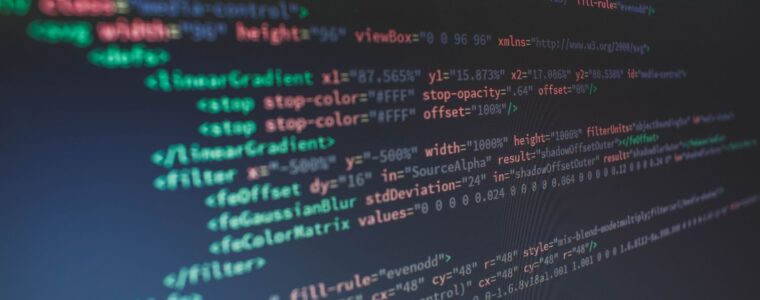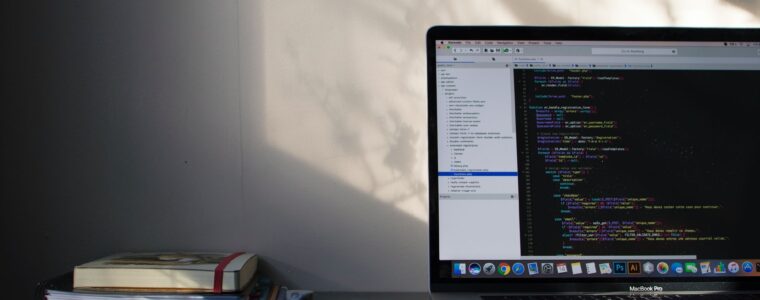
Machine Learning is not a black box (unless we want to!). If you ever wondered what the results of a species distribution model actually mean, BIOS² is here to help you! On October 6, 2023, at 1pm – 3pm EDT, Professor Timothée Poisot will host a short and very participatory workshop on how to interpret machine learning models applied to SDMs.
In this workshop, participants will build a simple model to predict the distribution of the raccoon in the South of Québec based on observations. Rather than focus on “what is the prediction?”, we will ask questions about “why”. Specifically, by mixing the presentation of the results with mini group discussions, we will question how the model works, when it is acceptable to apply our best judgment and ignore some performance metrics, and how we can think about interpretable machine learning to improve model transparency. Attendees will get access to all the code and data at the end of the workshop.
The workshop will be hosted virtually, and information about access will be sent out to registered participants one day before the event.
To apply, please fill out this form by October 4th, 2023: https://forms.office.com/r/SLuu3gv9B1






